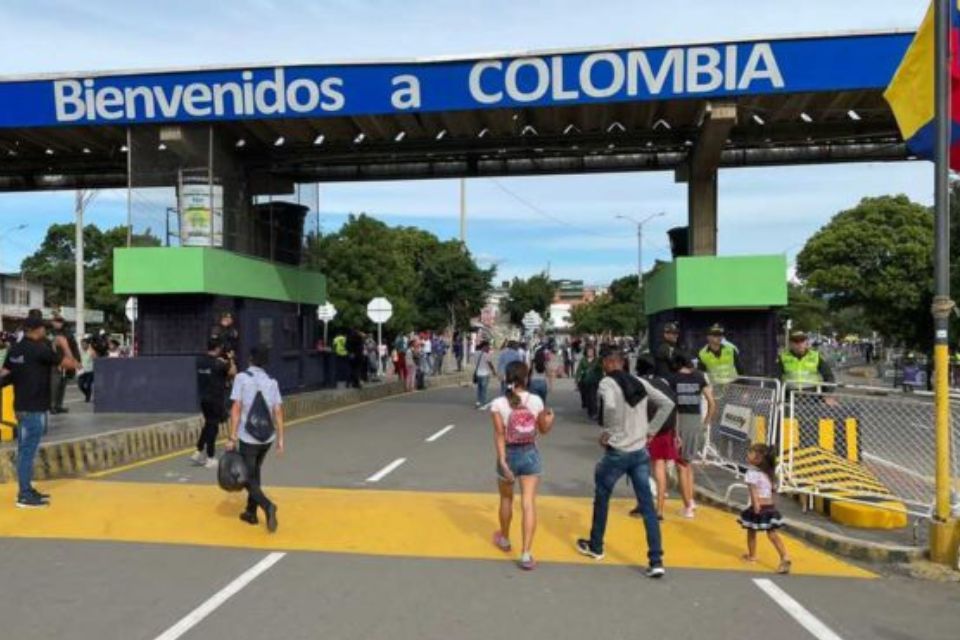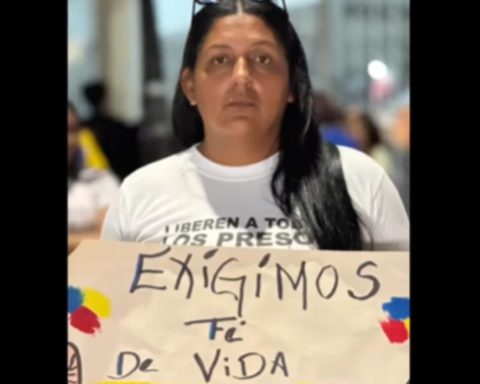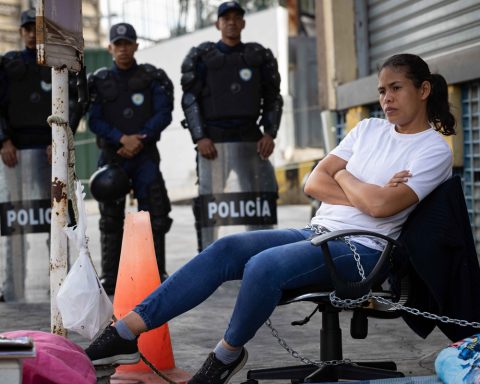The report by the NGO FundaRedes addresses the growing migration of Venezuelans to Colombia, with an average of 2,800 people crossing the border daily. The organization estimates that 60% of these crossings are carried out irregularly, with migrants using expired ID cards or passports.
The NGO FundaRedes published its 17th report on the situation on the Colombian-Venezuelan border, corresponding to the period from September to October 2024, where they expose the challenges facing the region, covering topics such as the economic crisis, migration, security and human rights.
One of the most critical points pointed out by FundaRedes is the deep economic crisis that affects small merchants in the region, published VPItv.
William Gómez, an expert on border issues, noted that “The lack of a robust market, rising costs and administrative expenses make it almost impossible to sustain business in these areas.». Added to this are the difficulties derived from extortion, with the “matraca” being a common practice that many merchants must face to avoid sanctions or forced closures.
The report also addresses the growing migration of Venezuelans to Colombia, with an average of 2,800 people crossing the border daily. FundaRedes estimates that 60% of these crossings are carried out irregularly, with migrants using expired ID cards or passports.
In addition, the NGO warns about the presence of human trafficking networks, “which exposes the most vulnerable migrants to serious risks.”
*Read also: Rains leave multiple effects in various areas of Lara, according to Civil Protection
Regarding security, the report highlights the increase in militarization on the border, with exercises such as “Mercenaries Go Home”, carried out at the Atanasio Girardot International Bridge. These operations seek to strengthen the “response capacity in the event of a possible military incursion.”
At the same time, the increase in checkpoints on the roads of Táchira has been denounced by deputy Juan Carlos Palencia, who warned that many of these checkpoints “function as illegal extortion points.”
Censorship and threats against activists and journalists
Human rights in the region are also a concern for the organisation, with journalists and activists facing censorship and threats. The Human Rights in Action Network highlighted in its latest report the restrictions on freedom of expression, proposing the creation of a network of activists with a gender perspective to face these challenges. Furthermore, the University of Los Andes (ULA) in Táchira has suffered continuous robberies that have affected its operational capacity, which aggravates the insecurity situation in the area.
Finally, the report concludes that, despite the binational efforts underway, the situation remains critical in economic, security and human rights terms. Although initiatives such as the Special Permanence Permit for Tutors (PEP Tutor) and the V Visa launched by Colombia are important steps, FundaRedes emphasizes the need to implement “broader strategies that promote economic, sustainable development and security in the region.”
Post Views: 327
















